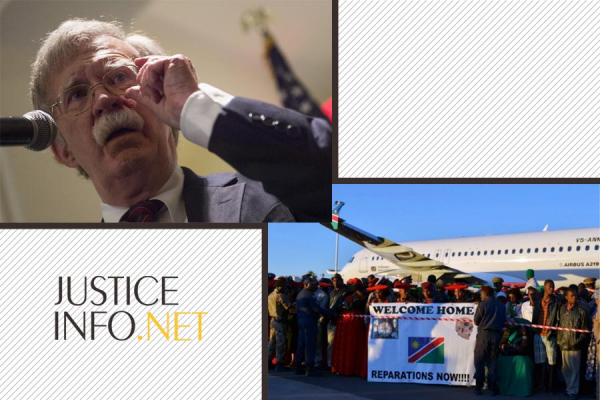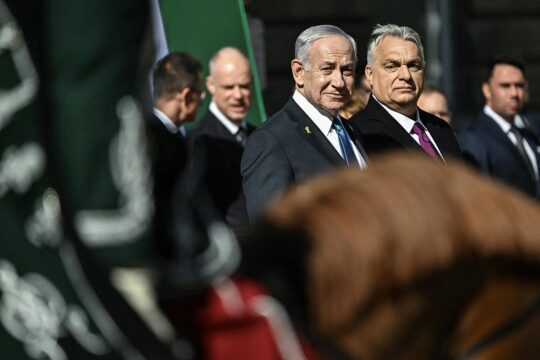On September 10, US President Donald Trump’s national security advisor John Bolton launched a frontal attack on the International Criminal Court (ICC).
At the beginning of the George W. Bush presidency in 2002 Bolton was the main architect of a strategy against the ICC, which was just starting its work. This policy was abandoned three years later in favour of constructive cooperation between the United States – which does not recognize the ICC’s jurisdiction – and the court in The Hague. Under Obama, for example, Washington helped get two ICC suspects arrested and transferred to the court.
That policy is now over. In Bolton’s attack, he called the ICC “ineffective, unaccountable, and indeed, outright dangerous”. He said the US “will not cooperate with the ICC”, “will provide no assistance to the ICC” and “will not join the ICC.”
One of the reasons behind American anger is the ICC Prosecutor’s move towards opening investigations on crimes committed in Afghanistan after 2003. Fatou Bensouda announced last November that she has asked the judges for a green light to open such investigations. Even if the bulk of alleged crimes are attributed to the Taliban, the Prosecutor indicated that some US soldiers and agents could also be prosecuted for acts of torture on prisoners of war.
Bolton laid out his strategy to undermine the ICC’s work. But it could be that his attacks help to rally support for the ICC.
A century without apology for Namibian genocide
Genocide cannot be forgotten. Or rather, the victims never forget. More than a century after the massacres of Herero and Nama people in former German South West Africa (now Namibia), the descendants of victims are still calling for reparations. Their representatives, supported by members of German civil society, are pressing Berlin for a formal apology.
These massacres perpetrated by the German imperial army are considered by many historians to be the first genocide of the twentieth century.
On August 29, 2018, Germany returned to Namibia human remains of Hereros and Namas exterminated at the time. The ceremony took place in a protestant church in Berlin. But this is far from enough for leaders of victims’ associations, who want an official apology from the top. They also complain that negotiations are taking place between the two governments, without any direct representation of their communities. In Germany, some intellectuals also denounce this “high-handed approach, colonial style” of the German authorities. They are calling for all the former colonial powers to hand back human remains from their ex-colonies and dare to open a debate on dark chapters of human history.






